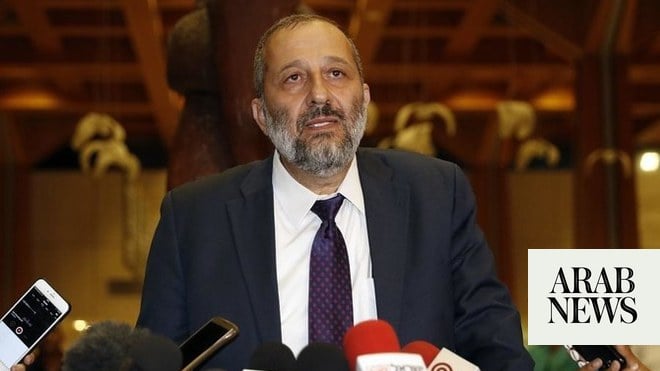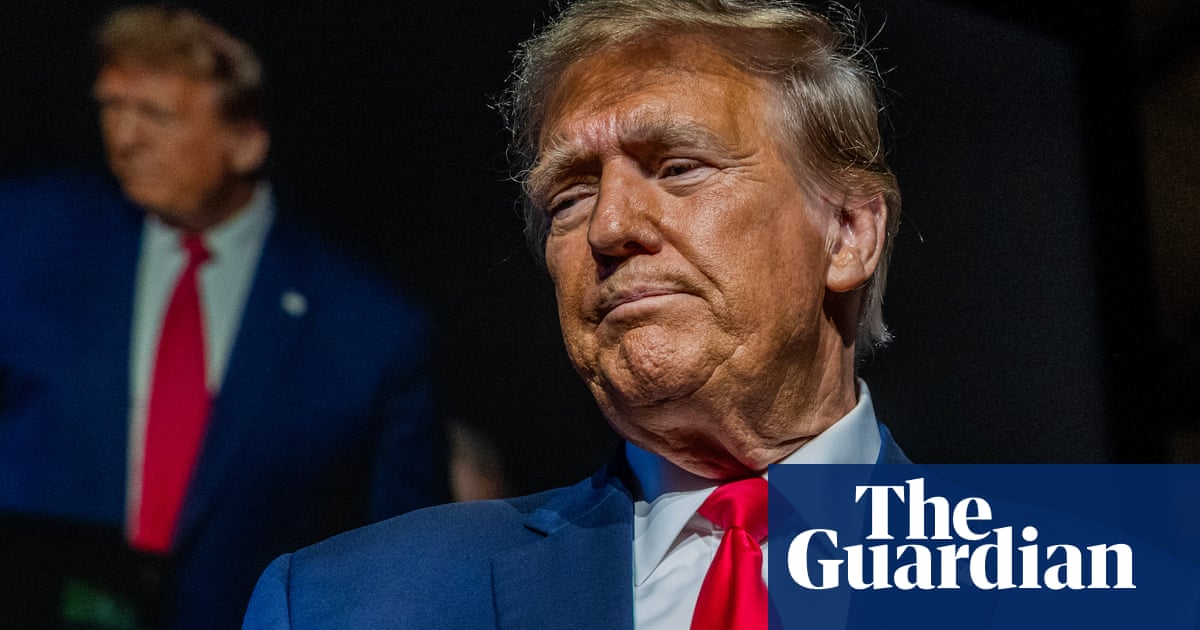
As the supreme court heard arguments concerning Donald Trump’s tax returns on Tuesday, justice Sonia Sotomayor told a lawyer for the president “there is a long, long history of Congress seeking records and getting them” from occupants of the Oval Office.
The other two liberals on the court, Ruth Bader Ginsburg and Steven Breyer, brought up requests for documents during the Watergate and Whitewater scandals, which occurred under Richard Nixon and Bill Clinton and were decided unanimously against the president concerned.
Elena Kagan, like Sotomayor an Obama appointee, told Trump lawyer Jay Sekulow a “fundamental precept of our constitutional order is that the president is not above the law”.
The court is in its second week of working remotely because of the coronavirus pandemic. Lawyers for Trump and attorneys for Democrats in Congress and prosecutors in New York presented their arguments by telephone. The world listened in.
Trump did not release his tax returns during the 2016 election and has not done so since, despite promising to do so.
“President Trump is the first one to refuse to do that,” Ginsburg said.
Every president since Nixon, who was elected in 1968, had released tax information. But there is no legal compunction to do so.
Democrats in Congress are attempting to establish whether Trump is breaking ethics laws and constitutional safeguards against profiting from the presidency.
The New York prosecutor Cyrus Vance Jr wants to find out if hush money payments to women who claimed affairs with Trump involved illegal business practices.
Trump is asking the justices to put an end to subpoenas for tax, bank and other financial records which seek information from Deutsche Bank, Capital One and the Mazars USA accounting firm.
Trump’s lawyers, supported by the justice department, contend that he should not be so constrained by Congress and cannot be prosecuted while in office.
Opponents of the president say he is simply not above the law.
Appellate courts in Washington and New York have ruled that the documents should be turned over. Those courts brushed aside the president’s broad arguments, focusing on the fact that the subpoenas were addressed to third parties asking for records of Trump’s business and financial dealings as a private citizen, not as president.
Rulings against Trump could result in the release of damaging information during his campaign for re-election.
According to practice, Chief Justice John Roberts spoke first. The other justices asked questions in order of seniority. Neil Gorsuch and Brett Kavanaugh, Trump’s two appointees to the 5-4 conservative majority, went last.
Roberts asked Trump lawyer Patrick Strawbridge: “Do you concede any power in the House to subpoena personal papers of the president?”
The Trump attorney said it was “difficult to imagine” a situation in which that would be justified.
However, in 1974 the justices acted unanimously in requiring Nixon to turn over White House tapes to the Watergate special prosecutor. And in 1997, another unanimous decision allowed a sexual harassment lawsuit to proceed against Clinton.
In those cases, three Nixon appointees and two Clinton appointees, respectively, voted against the president who chose them. Ginsburg and Breyer were those Clinton appointees.
For the justice department, Jeffrey Wall said allowing the House subpoenas would lead to presidents being “harassed”.
“The potential to harass and undermine the president … is plain,” he said. “It is not much to ask that before the House delves into the president’s personal life it explains in some meaningful way what laws it is considering and why it needs the president’s documents in particular. The subpoenas here don’t even come close.”
Gorsuch expressed concern about lawmakers abusing the subpoena process and hunting for unlawful conduct by political rivals.
Speaking to congressional lawyer Douglas Letter, Samuel Alito said: “In your view, there’s no protection for the purpose of preventing harassment of a president.”
But the conservatives on the court were not in uniform sympathy with the arguments presented by Trump’s lawyers.
Kavanaugh asked: “The question … boils down to how can we both protect the House’s interest in obtaining information it needs to legislate but also protect the presidency. How can the court balance those interests?”
Gorsuch questioned why the court would give Trump immunity in a criminal investigation when it did not give Clinton immunity in a sexual harassment lawsuit. In the 1997 case, lawyers for the plaintiff wanted Clinton to be questioned, Gorsuch noted, while in the Trump case the information is sought from third parties.
Sekulow responded that criminal cases result in a loss of liberty and are very different from civil lawsuits that could lead to monetary damages.
Alito challenged Sekulow’s assertion that a grand jury subpoena cannot be enforced against a sitting president in a case in which waiting for a president to leave office would undermine a criminal prosecution.
Kagan, meanwhile, noted that where personal records are concerned, “the president is just a man”.
“What it seems to me you’re asking us to do,” she told Strawbridge, “is to put a kind of 10-ton weight on the scales between the president and Congress, and essentially to make it impossible for Congress to perform oversight and to carry out its functions.”
A ruling is likely within weeks.












